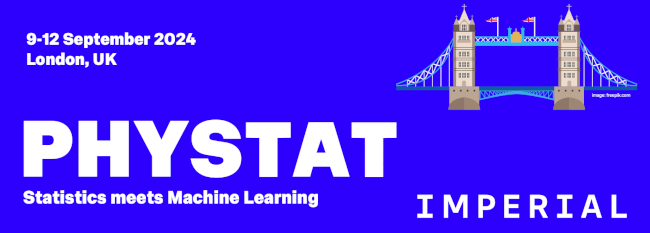Speaker
Description
Bayesian model selection provides a powerful framework for objectively comparing models directly from observed data, without reference to ground truth data. However, Bayesian model selection requires the computation of the marginal likelihood (model evidence), which is computationally challenging, prohibiting its use in many high-dimensional Bayesian inverse problems. With Bayesian imaging applications in mind, we introduce the proximal nested sampling methodology to objectively compare alternative Bayesian imaging models for applications that use images to inform decisions under uncertainty. The methodology is based on nested sampling, a Monte Carlo approach specialised for model comparison, and exploits proximal Markov chain Monte Carlo techniques to scale efficiently to large problems and to tackle models that are log-concave and not necessarily smooth (e.g., involving l1 or total-variation priors). Taking one step further, we show how proximal nested sampling can be extended using Tweedie's formula to support data-driven priors, such as deep neural networks learned from training data. We demonstrate our method by carrying out Bayesian model comparison between data-driven and hand-crafted priors in imaging applications like radio-interferometric image reconstruction.
Based on arXiv:2106.03646 and arXiv:2307.00056
| Primary Field of Research | Astro/Cosmo |
|---|
